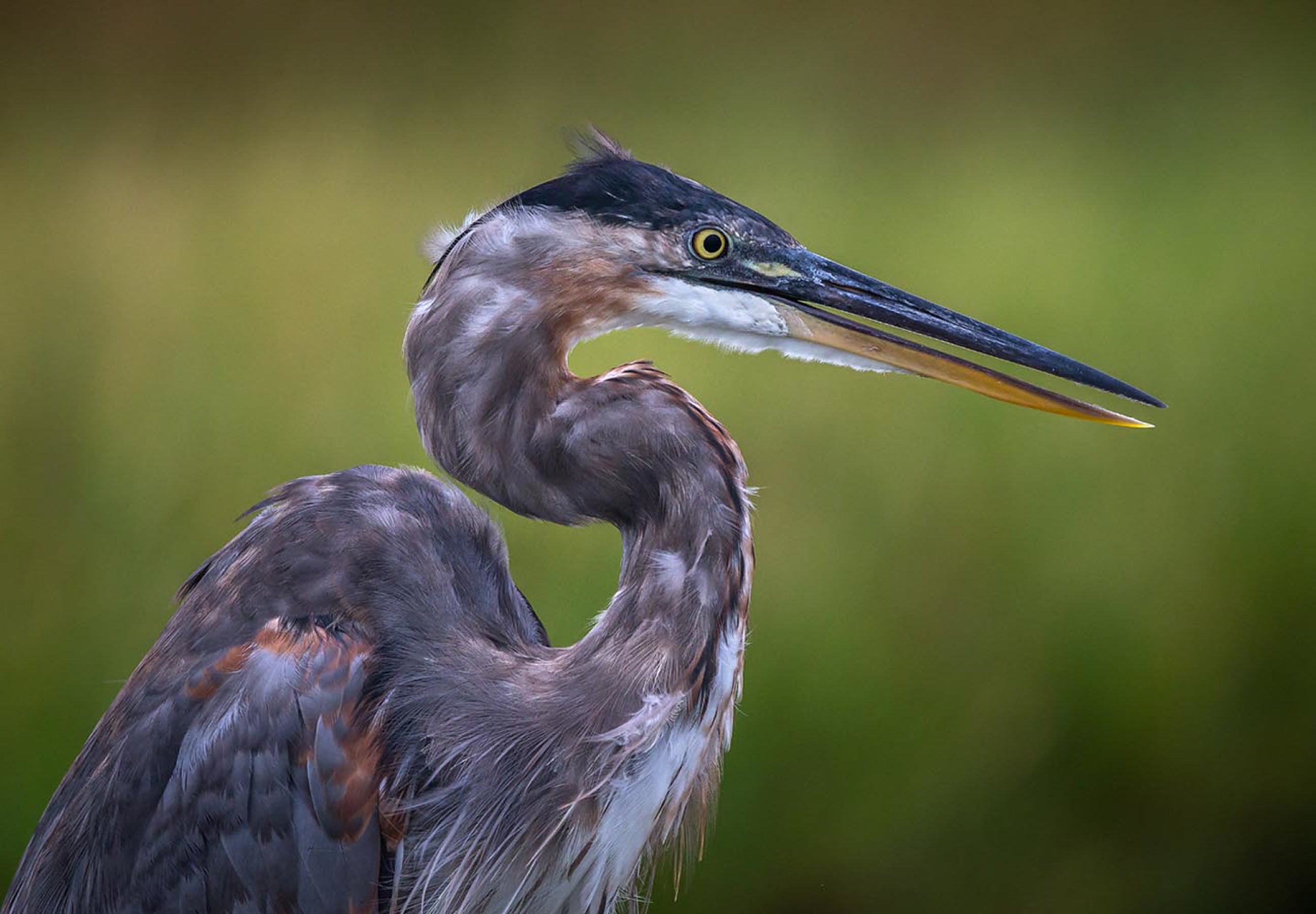By DAVID RAINER, Alabama Department of Conservation and Natural Resources
Prime coastal habitat, sea turtles, marine mammals, birds and oysters in Alabama will benefit from the recent approval of almost $100 million in funding from the Natural Resource Damage Assessment (NRDA) process that distributes restoration funds from the Deepwater Horizon oil spill settlement.
The $99.6 million allotment will be used in all five Gulf of Mexico states, and Alabama will receive funding to purchase key coastal habitat on the Fort Morgan peninsula.
A 99-acre tract, known as Pilot Town, will be purchased by the Alabama Department of Conservation and Natural Resources and then transferred to the U.S. Fish and Wildlife Service to become part of the Bon Secour National Wildlife Refuge (NWR).
The Pilot Town settlement, which was destroyed by a hurricane in 1906, was named for the bar pilots who guided sea-going vessels past the sand bars of Mobile Bay. Currently the habitat is relatively undisturbed except for one small area where the public uses the road to access a kayak/canoe launch. The habitat includes sandy shrub scrub, coastal marsh and several brackish inland lagoons and is a great rookery and resting area for migrating birds.
Bon Secour NWR, 8 miles west of the city of Gulf Shores, was established to protect neotropical migratory songbird habitat and threatened and endangered species. The refuge, which is divided into five different management units, serves as the best remaining stopover and staging habitat for neotropical migratory songbirds during the fall and spring migration along Alabama’s coastline. Habitats in the refuge include sandy beach and dune, sandy shrub scrub, coastal marsh, maritime forest, and estuarine habitat.
“We are excited about the habitat acquisition of Pilot Town,” said Amy Hunter, Deepwater Horizon Restoration Coordinator for the Alabama Department of Conservation and Natural Resources (ADCNR). “Pilot Town is important bird habitat. As invasive species, mainly Chinese tallow trees (known locally as popcorn trees), and previously installed infrastructure is removed, we should see an uplift in the quality of the habitat.”
Kelly Swindle, Coastal Restoration Specialist with the ADCNR, said a variety of birds will benefit from the Pilot Town acquisition, including the great blue heron.
“A blue heron rookery is located not too far east of the property,” Swindle said. “Having the property managed as bird habitat, we hope to see continued or increased nesting activity in the area for the foreseeable future.”
Hunter added, “This is a valuable property because it is an area that is either the first or last stopover for migrating birds as they cross the Gulf of Mexico.”








